The Brexit effect: Brussels tries to blunt the Swiss model

Switzerland: “not a model”. The text on a January presentation from the EU’s Brexit negotiators could not have been clearer. Do not seek inspiration from Switzerland for post-Brexit relations, the EU was telling the UK, we are not repeating that folly.
The footnote was an unintended compliment to the affluent Alpine country with a population of 8.5 million. Switzerland has long refused to join the EU, the 500 million-strong trading bloc on its doorstep. Yet somehow through guile, patience and a touch of bloody-mindedness, it has built a web of more than 120 bilateral deals which give it many of the benefits of membership.

More
Financial Times
External linkHowever, with Brexit forcing the EU to rethink its relationship with neighbouring countries that are not part of the bloc, Switzerland has become a prime candidate for some unsentimental housekeeping. Negotiations on a new deal started four years ago, and the EU seems more determined than ever to impose its will on little Switzerland – not least as an example to the UK.
What is more, the EU thinks it has a subtle-but-effective way to increase the pressure. Frustrated by Swiss evasiveness last year, Jean-Claude Juncker, European Commission president, finally lost patience and asked his team to “find me a stick”, according to one senior EU diplomat. “And they did.”

More
EU ratchets up pressure on Swiss to clinch new treaty
By extending EU market access for Swiss equity traders – but pointedly limiting it to just a year – the commission was able to manufacture the sort of leverage that would be taken seriously in Bern. One finance executive in Zurich warns that a blow-up with Brussels over share trading would “rip the heart out of the Swiss financial system”.
Yet the Swiss government has to manoeuvre through a complicated domestic climate. While the EU wants talks completed by the end of October, the country will hold a series of referendums starting in November that could dramatically affect its relationship with Brussels. The ultra-nationalist Swiss People’s party – the country’s strongest political movement – is campaigning to win the referendums on returning powers to Bern.
With some parts of the negotiation stuck, the EU is facing its perennial Swiss dilemma: is a rift with this recalcitrant neighbour really worth the effort?
“It’s not the right time to start another trade war, even if on a smaller scale to US-China. But it seems they [the EU] are in the mood to do so,” says Cenni Najy, senior policy fellow at the Swiss foreign policy forum ForausExternal link. “If you look at the whole Brexit debate, they are in an uncompromising mood.”
Effective negotiators
With hindsight, Switzerland has played expertly its hand in negotiations with the EU, resulting in arrangements that mix sovereign independence with market access in a way many British politicians would love to emulate, were the option available.
In 1992, the Swiss voted in a referendum against joining the European Economic Area (EEA), which would have been a stepping stone to EU membership. Nevertheless, Switzerland’s government remained committed to joining the EU – a position it only officially reversed in July 2016. Switzerland also accepted the EU’s cherished principle of free movement of people (Switzerland is also part of the Schengen passport-free zone).
Given Switzerland’s geographical location on trade routes from north to south Europe, the EU was happy to grant favourable market access terms, while allowing Bern to strike its own international trade agreements, as it has with China.
The Swiss have a history as effective negotiators, dating at least as far back as the 1814-15 Congress of Vienna when Europe’s nations formally agreed to Switzerland’s neutral status, says Clive Church, emeritus professor of European studies at the UK’s University of Kent.
More recently, its small size has helped keep it below the political radar. “Yes it’s rich, prosperous and economically important, but not another great power,” Church says. The Swiss have also been good at “self-European-ising themselves”, by joining European institutions and adopting EU policies.
The relationship has not been without its flashpoints, however. In the wake of the 2008 global financial crisis and with cash-strapped western governments desperate to shore up tax revenues, the extensive help offered by Swiss banks to rich clients seeking to evade fiscal authorities was exposed.
By 2013, Bern had realised it would have to change its approach and agreed wide-ranging deals on the automatic exchange of information.
Institutional framework
The Swiss showed their defiance again in 2014, when they voted in a referendum to limit immigration from the EU – contrary to the principle of free movement. Bern managed to avoid a confrontation with the EU by fudging implementation of the vote; measures to encourage local hiring were so weak that Brussels had no reason to object.
Nevertheless, the 2014 vote galvanised Brussels into pushing for an overhaul of the way it interacts with Switzerland. Its ambition is an “institutional framework” agreement under which Swiss laws would change in line with EU legislation, while an arbitration panel would resolve Swiss-EU disputes and, crucially, include a role for the European Court of Justice. The 2016 Brexit referendum has only encouraged the EU to be even more determined in its negotiations with the Swiss.
Brussels would appear to have the upper hand. Without a deal, the EU could freeze contacts with Bern. That could hit Swiss scientists’ access to EU research programmes. It would also dash Swiss banks’ hopes of a financial services deal which would give them freer access to the large EU market.
In theory the EU could even threaten to unwind deals already agreed; that would deliver a big shock to the Swiss economy and its multinationals, such as drug companies Novartis and Roche.
Swiss relations with the EU
Geography
Switzerland is ringed by EU member states Germany, France, Italy and Austria and on historic trading routes across the Alps, connecting north and south Europe.
Bilateral contacts
The EU and Switzerland have struck 20 main deals and more than 100 other agreements giving Swiss companies access to sectors of the EU single market and governing cooperation between the two sides. As part of the package, Switzerland has accepted the free movement of people.
The demands of Brussels
The EU wants an “institutional framework” under which Swiss rules would change automatically in line with EU rules, and an end to Swiss exceptionalism in areas such as wage protection and state guarantees for banks.
Swiss hopes – and fears
Swiss private banks want a financial services agreement allowing easier access to EU markets. But support for an independent, neutral Switzerland is strong, and there is popular resistance to EU rule, intervention by “foreign judges” and unlimited immigration.
Domestic politics
The ultra-conservative Swiss People’s Party is one of Europe’s longest-established nationalist, populist movements. It argues controls from Brussels are incompatible with a Swiss political system that gives voters the final say via referendums.
The most immediate threat relates to stock exchanges. Last December, the commission caught Bern off-guard, announcing that access for European and Swiss equities traders to each other’s market would be extended for just 12 months.
A decision in the next few months to block Switzerland from EU equity trading would deal a significant blow to Switzerland’s ambitions as a global finance hub. Without an overall “framework agreement”, Johannes Hahn, an EU commissioner involved in the talks, says he “could not imagine” the stock market access being extended.
‘Well-balanced deal’
Nevertheless, progress in negotiations has been painfully slow. The Swiss think they have a strong hand, pointing out that the EU benefits from Switzerland’s economic success. It may be small but Switzerland is the EU’s third-largest trading partner, after the US and China. Almost 17% of Switzerland’s residents are from the bloc; some 320,000 workers commute daily into Switzerland from neighbouring countries including Germany, Italy and France. Last year, the EU had a goods trade surplus with Switzerland of about €40 billion (CHF45 billion).
“In Brussels one sometimes hears that the Swiss system [of EU deals] was a mistake – not an intellectual mistake, but a mistake because they gave it to us,” says Michael Ambühl, a former top diplomat who is a professor at the federal technology institute ETH Zurich.
“Of course, it was not a mistake – that’s just the way some people choose to look at it. It is not true that we gain and they lose. They win too – look at the [EU’s] export surplus and the number of EU citizens living and working here. Overall, it is a well-balanced deal.”
Bern has also drawn up contingency plans in case Brussels withdraws “equivalence” for the Swiss stock exchange: it will forbid EU venues from dealing in Swiss companies’ shares, which would mean trading would have to be done on the Swiss stock exchange, providing a compensating revenue stream.
Some parts of a new institutional framework have been sketched out – for instance on a joint arbitration panel. Last Friday, Ignazio Cassis, Swiss foreign affairs minister, emerged from the latest lengthy cabinet debate on EU relations in Bern to declare Switzerland remained willing to press ahead with talks. “If it works, it works; if it doesn’t work, it doesn’t work,” he said.
To help improve the mood, Cassis said Switzerland had agreed to pay CHF1.3 billion ($1.32 billion) over ten years into EU funds that promote economically weaker regions and address migration issues – although the payment could yet be blocked if stock market equivalence is not extended.
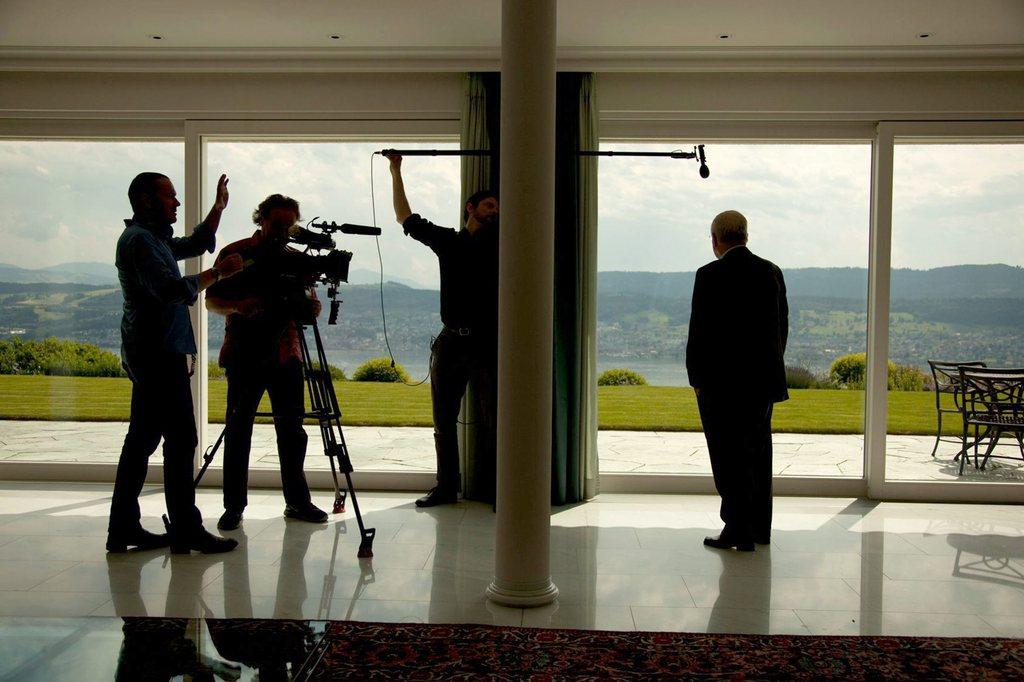
More
Christoph Blocher: ‘The Swiss have to stay out of the EU’
Significant obstacles have emerged, however. Over the summer, Swiss trade unions voiced fierce opposition to any softening of national rules protecting high wages – the so-called “flanking measures” which made market-access deals acceptable to Swiss voters. The measures require EU companies to register eight days before sending workers to Switzerland and subject themselves to frequent controls or risk fines.
Union leaders justify the measures by pointing to Switzerland’s high living costs. But neighbouring EU countries see Swiss rules as penalising foreign companies. “They see these measures as protectionism,” says Najy.
Referendum role
Overshadowing Swiss politics is Christoph Blocher, the veteran leader of the People’s Party – among Europe’s longest-established nationalist, Eurosceptic movements – which led the campaign against EEA membership in 1992 and is resisting a new “institutional framework” agreement with Brussels.
Switzerland’s political system, based on frequent referendums, means opposition from the People’s Party can only be overcome when there is consensus across the rest of the spectrum, from leftwing Social Democrats to centre-right liberals. Too many concessions by Bern on the flanking measures would endanger leftwing support for a deal with the EU.
Even as negotiations continue, the People’s Party is using the referendum system to push for a tougher stance against the EU. In November, the Swiss will vote on a proposal asserting the supremacy of the Swiss constitution over international treaties. If passed, it would prevent fudges such as those made after the 2014 vote on immigration – and thus threaten ties with Brussels.
The People’s Party is also pushing for a referendum on revoking the agreement on free movement of people. That would throw into doubt the whole basis of its bilateral contracts.
The consensus view in Switzerland at the moment is the People’s Party will not succeed in either referendum. Some in Bern argue that given the uncertainty, it would make sense to await their results before striking a deal with Brussels.
Would Brussels be prepared to wait that long? For the moment Brussels is going to lengths to show it will not. EU diplomats cast the package deal as a last offer – and Brexit as a process that will only make the Swiss situation worse. Swiss pleas for a partial deal – excluding the controversial flanking measures – are rejected in Brussels as Salamitaktik, salami-slicing that gives you one part of what you want at a time.
Juncker told Swiss television last month that he was against “the slicing” because “there are those who cut and there are those who eat sausages”. “I told them,” he added, in a reference to a new commission president being appointed at the end of next year. “‘Negotiate with me, deal with me because within a year, I will not be here and you’ll see.’”
There are few teams of trade negotiators as closely in touch in Brussels as those dealing with Brexit and Switzerland. The precedents set in the Swiss case are not necessarily directly relevant for the UK, but they do signal the limits of EU flexibility on some highly sensitive issues for London: how to manage migration, courts and alignment of rules for the economy.
For all the policy crossover, diplomats stress that there are huge differences between the respective circumstances of the two countries.
Britain is a big economy, seeking to leave the EU so it can better control its border and laws, while limiting the costs in terms of market access. Switzerland is a small non-member state that has always maintained a degree of judicial and regulatory autonomy from the EU but accepts free movement of people and wants to improve its trade terms.
In one area in particular there is the potential for a shared solution. Switzerland, like Britain, is wary of accepting a role for the European Court of Justice (ECJ) in overseeing the economy – something crucially important to the EU in areas of close integration.
The compromise being developed uses the model of a three-person arbitration panel, which would resolve Swiss-EU disputes but on the condition any matters of EU law are referred to the ECJ.
Such a mechanism allows for another significant point of integration: the maintenance of a common, automatically updated rule book, based on EU law. Britain proposed such an approach for goods in its Chequers plan for future EU-UK relations.
Finally, Swiss reservations over untrammelled free movement of EU workers provide another point of similarity, especially in areas where the Swiss would seek more control of market access for workers. The parallels though are more limited since Switzerland, unlike Britain, is part of the Schengen passport-free travel area.
Copyright The Financial Times Limited 2018

In compliance with the JTI standards
More: SWI swissinfo.ch certified by the Journalism Trust Initiative
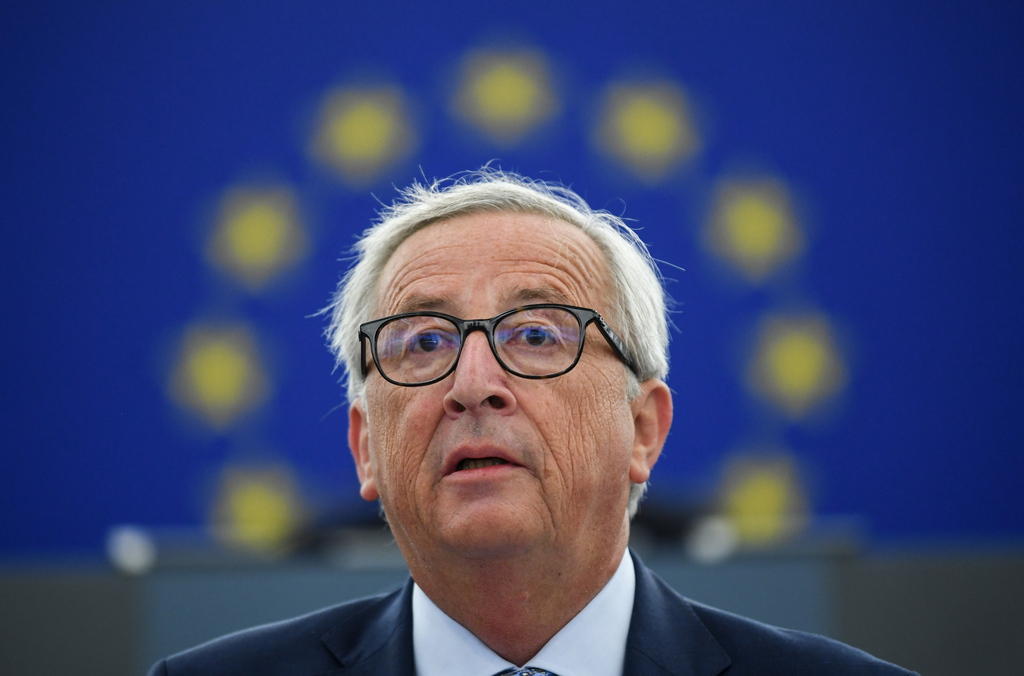
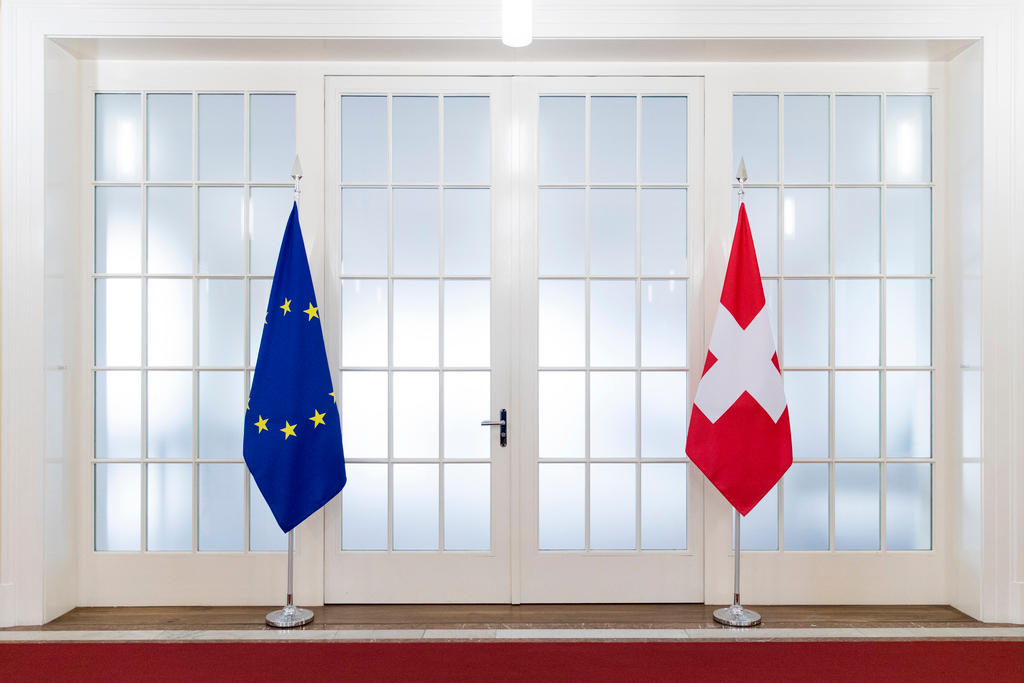
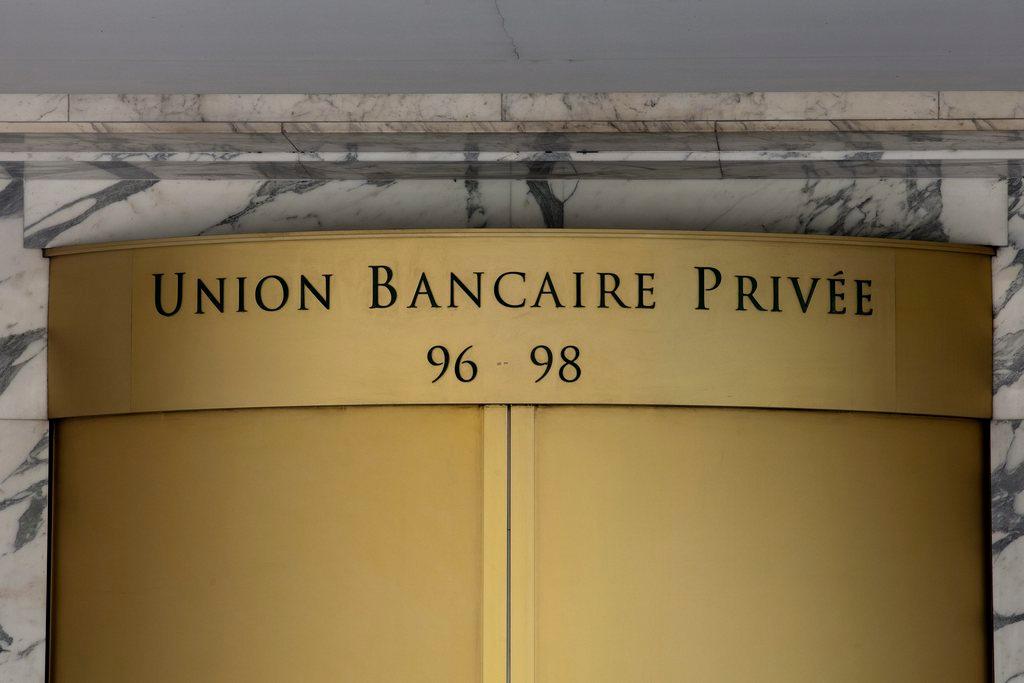
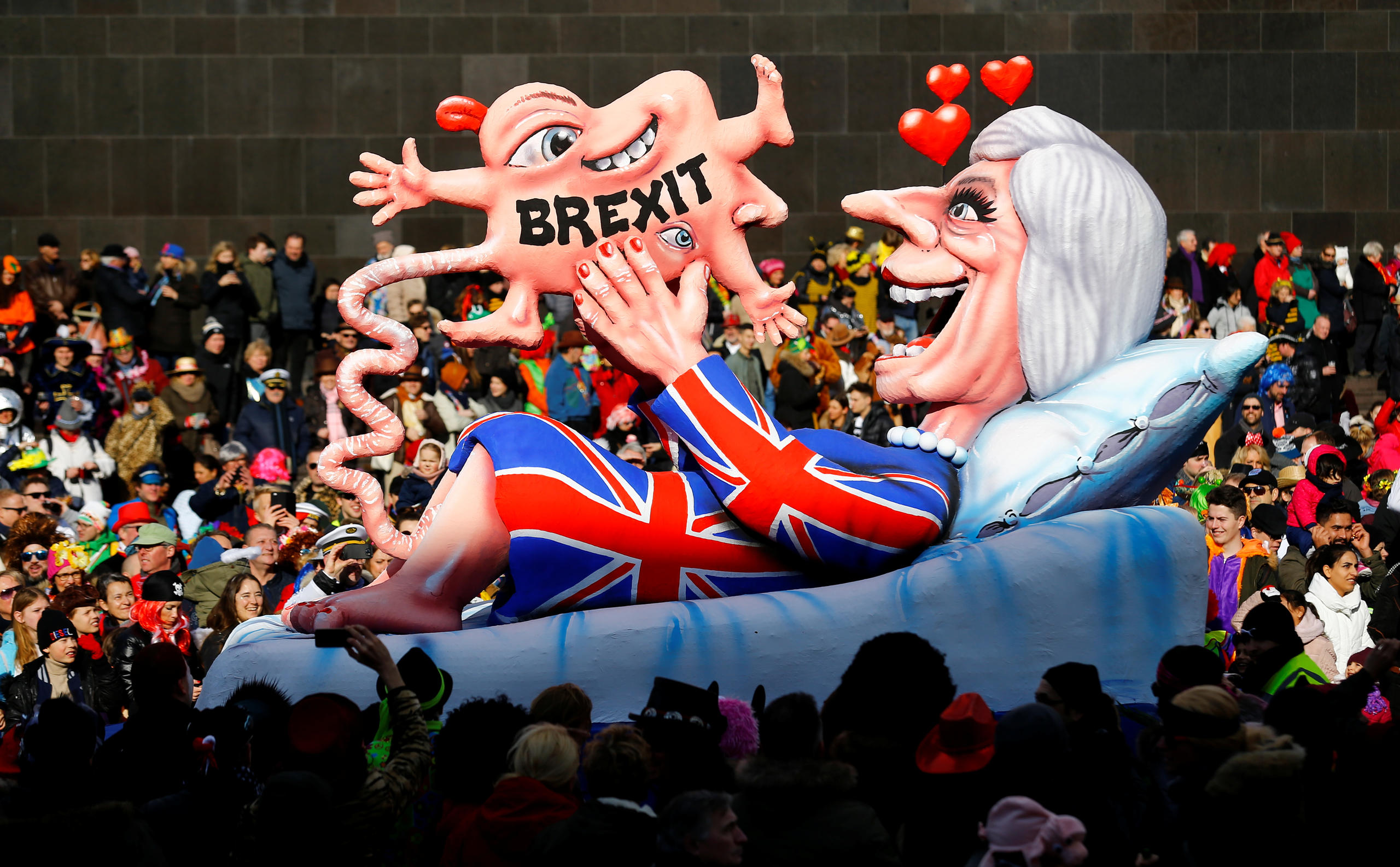

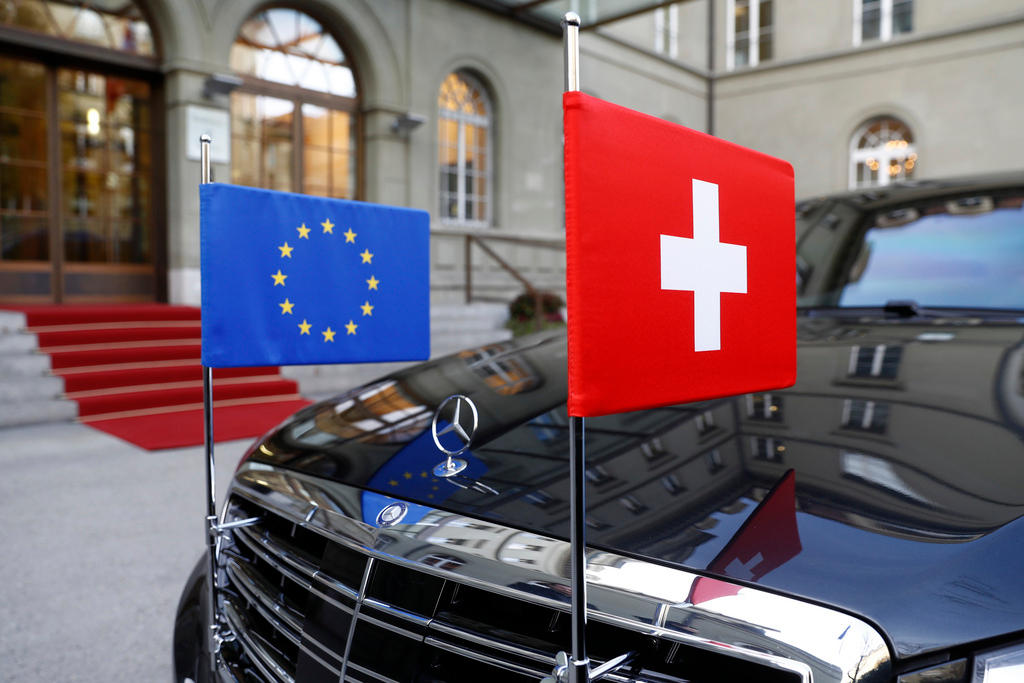
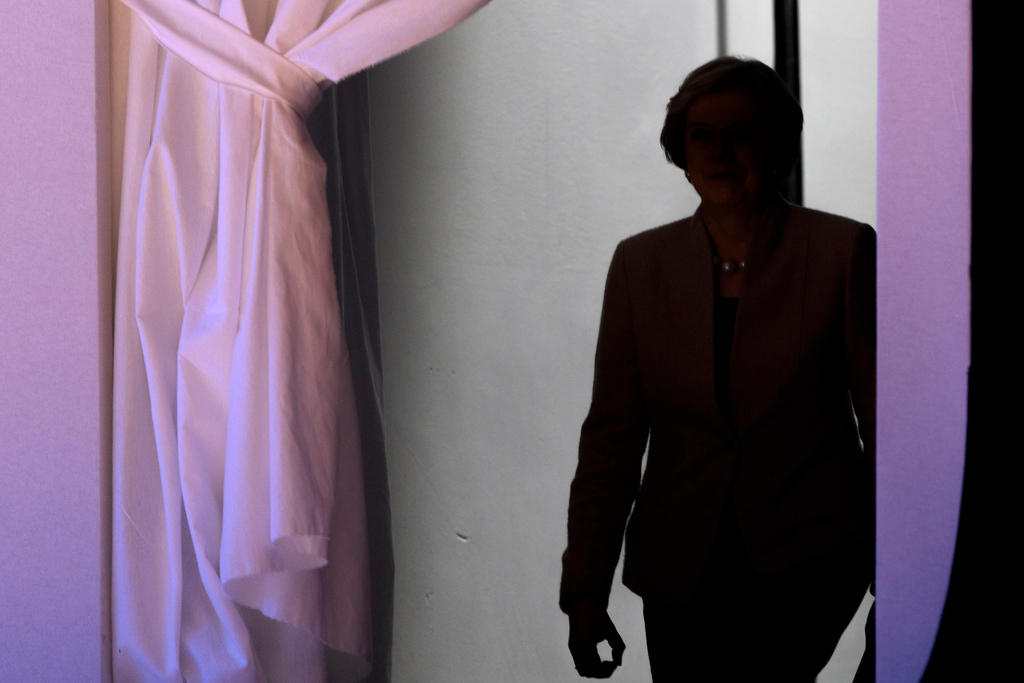
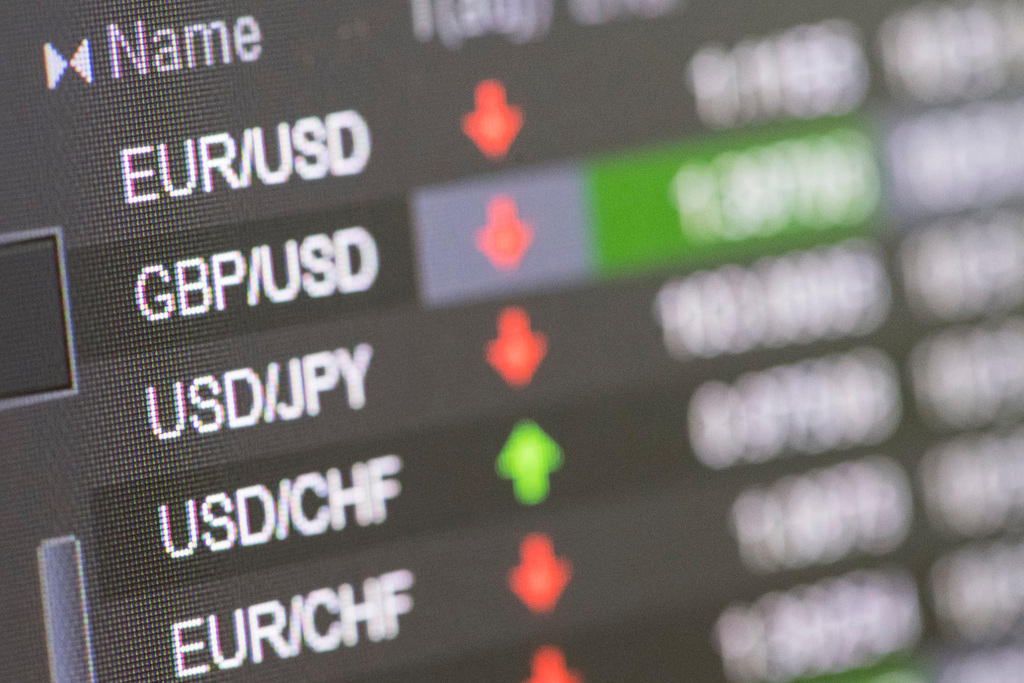
You can find an overview of ongoing debates with our journalists here. Please join us!
If you want to start a conversation about a topic raised in this article or want to report factual errors, email us at english@swissinfo.ch.